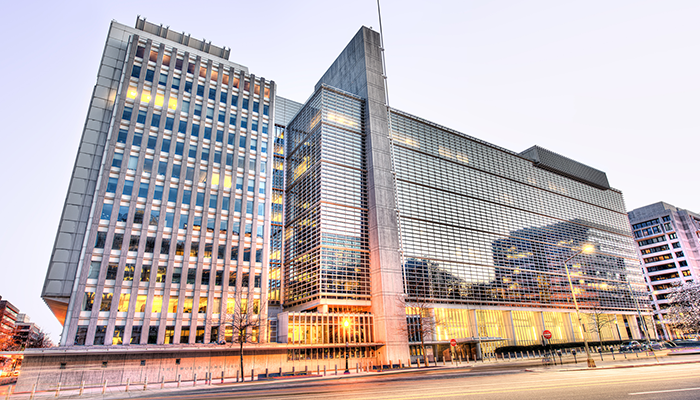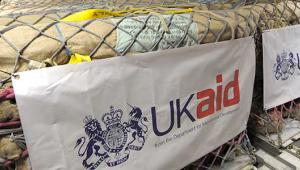Governments, international financial institutions and NGOs have increasingly sounded the alarm over the potential of the coronavirus crisis to provoke a new wave of sovereign debt defaults as borrowing costs surge, revenues nosedive and states plan immense economic stimulus programmes to reboot their economies.
Prior to the COVID-19 crisis, the World Bank had already warned that debt levels were at an historic peak of 170% of GDP in 2018 and that the most recent wave of debt accumulation constituted the “largest, fastest and most broad-based increase in debt” ever seen. 40% of low-income countries were considered at high-risk of – or already in – debt distress.
For developing countries, the picture is especially difficult. Jubilee Debt Campaign has highlighted how interest rates on new government borrowing have increased by an average of 3.5 percentage points for low- and lower-middle income countries since late-February, and that the average yield for these governments is now around 10%. Meanwhile commodity prices have plummeted, including oil, gas, copper and cotton on which many developing countries depend. For small island developing states that rely heavily on tourism revenues, closed borders are ruinous.
The IMF and World Bank have now suggested that public sector creditors offer temporary debt standstills to low-income countries to help ease their debt burden. This came in response to a recent appeal by African finance ministers for a waiver on $44 billion in interest payments in 2020 as a means to help them mobilise the estimated $100 billion they need to respond to the COVID-19 pandemic.
web_world_bank_istock-817682226.png

The headquarters of the World Bank
This will certainly help, however a far more efficient response would be to ensure that, moving forward, loan contracts are designed in such a way that debt repayments are subject to an automatic and unconditional temporary standstill when a major shock strikes. This can include a health pandemic but also an environmental disaster, such as a hurricane, tsunami or earthquake.
There are precedents for this. The spotlight has recently shone on Mia Mottley, prime minister of Barbados, for her efforts to ensure that lenders to the island nation accept “natural disaster” clauses in future debt sales. Grenada also negotiated a hurricane clause with official bilateral creditors when it restructured its debts a few years earlier. A more sophisticated loan instrument has been developed by the French Development Agency called the “countercyclical loan” which contains a “floating” or movable grace period allowing low-income borrowing countries to suspend debt repayments for up to five years in the event of a clearly defined export shock.
“A temporary freeze on debt repayments is too unpredictable and unreliable as a long-term strategy”
Private debt markets are typically wary of such clauses because the market has not yet worked out how to price the risk in such cases. For public sector lenders however, that often have longer-term time horizons and motives other than profit when lending to other countries, these concerns are less of an issue. Public sector lenders are therefore especially well-placed to lead such innovations in lending.
Vulnerability to natural disasters and climate change had been cited as the main reasons such loan instruments could be useful to developing countries. Yet as the current coronavirus crisis shows, they clearly have broader applicability and appeal, and could be a genuinely useful tool to provide immediate fiscal space and liquidity to governments in their efforts to respond to the Covid-19 pandemic. Clearly, the benefits would be proportional to the amount of debt that contains such features, strengthening the case for official lenders to coordinate their use of such loan instruments.
The appeal for a temporary freeze on debt repayments may well be heeded in this case due to the sheer size and magnitude of this terrible crisis. But they are too unpredictable and unreliable as a long-term strategy. Public sector lenders can show leadership and have a particular role to play in driving financial innovation and ensuring that their lending meets the needs of their borrowers – whatever the future may hold.















